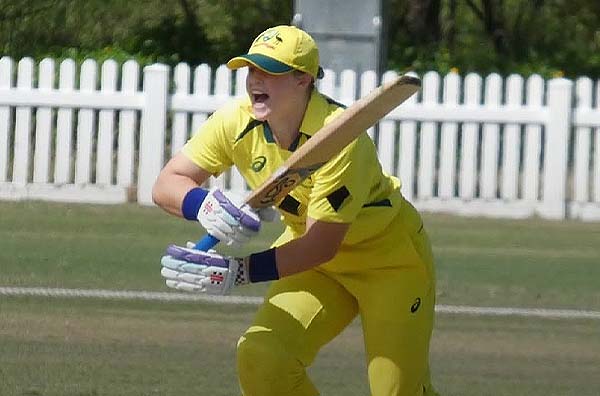The roar at Wally Tate Park wasn’t just loud, it carried the weight of history. Courtney Lewis crouched low, her fingers brushing the rubber-tipped stumps as she sprinted for the single that etched her name into history: 109. The first Australian woman to score a century in international blind cricket had not just anchored her team’s total of 195/2, she’d redefined what resilience looks like in adaptive sports.

Around her, teammates waved their bats like flags, their cheers mingling with the rhythmic taps of white canes on concrete. This wasn’t just a game; it was a manifesto for inclusion.
Australia Vs Pakistan in blind cricket is more than a contest, it’s a proving ground for a sport fighting for recognition. For years, Pakistan’s women dominated the nascent international scene, while Australia’s squad worked to transform grassroots enthusiasm into elite results.
Lewis’ century, arriving in a series-levelling 28-run victory, marks a tectonic shift: proof that investment in training facilities and youth pathways can turn underdogs into history-makers.
Lewis’ 109* (71 balls) blended textbook sweeps with audacious late cuts, her bat arc calibrated to the sound of the rolling ball’s bell.
As Lewis raised her bat, its grooves worn where her fingers map the seam, she didn’t just celebrate a personal milestone. She gave a generation proof that disability and elite sport aren’t opposites; they’re collaborators in rewriting greatness. The series may be tied 1-1, but the scoreboard of progress? That’s permanently tilted in Australia’s favour.

Loves all things female cricket